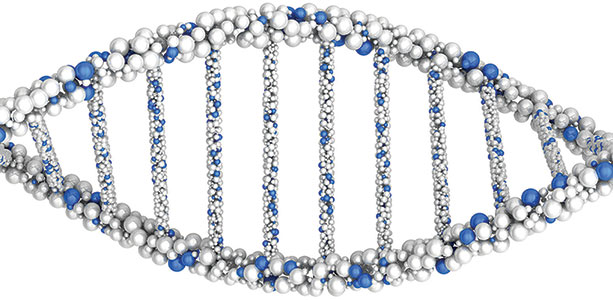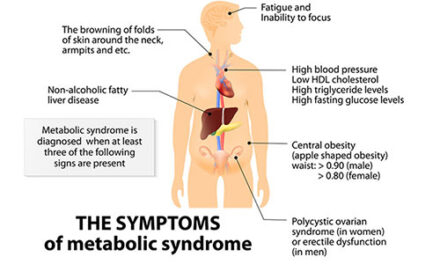There is a false, and misleading perception, that genes play a significant role in our overall health. The CDC states that genetics account for only 10 percent of disease, with 90 percent depending on environmental factors. Other studies have indicated that as much as 16.4 percent of chronic diseases are caused by genetics and 83.6 percent by environmental factors. Regardless of the precise percentage, it is relatively small and it is not fixed.
Genes represent a genetic predisposition to a given disease, which means that it is still within our power to prevent or activate them based on controllable factors.
Controllable Factors
Many environmental factors are controllable, such as what we eat and drink, and other lifestyle factors, such as alcohol or tobacco consumption. Toxins also have a major influence, but often we cannot avoid them, as is the case with most electromagnetic radiation. The following list illustrates most of the factors that can influence genetic expression.
- Nutrition
- Oxidative stress
- Inflammation
- Body type
- Gut health
- Pathogens
- Radiation
- Chemical contaminants
- Medical interventions
- Pharmaceuticals
- Psychological stress
- Social/economic status
- Climate
- Urban/rural influences
Changing our Genes
It is also possible to alter our genetic expressions for future generations. If a parent experiences a traumatic environment, such as serious radiation exposure, tobacco consumption, nutritional deficiencies or disease expression (i.e. Type 2 diabetes) before child bearing, these influences can be added to that person’s genetic expression.
The genotype is what we receive at birth from our parents and the phenotype is everything that happens to influence our genes from the day we are born. And, as was just stated, our phenotype can help to influence our children’s genotype, if these influences occur before a child is born.
For example:
- The children of Holocaust survivors are often at higher risk of post-traumatic stress disorder, anxiety and depression.
- Women who undergo famine before conception have been shown to experience disorders such as, hypertension, schizophrenia, nervous system disorders, cardiovascular disease and obesity in offspring.
- The survivors of atomic bomb explosions in Hiroshima and Nagasaki have been shown to produce children with an increased risk of cancer.
And emerging research indicates that these newly developed genetic influences can persist into the future, in as many as fourteen generations.
The Good News For Our Genes
While there are many negative influences that can influence our genetic expression, there are also many positive influences that can negate or balance these expressions. Some well-known positive genetic influences include:
- The Mediterranean Diet has been shown to reduce the risk of chronic illnesses such as heart disease, cancer, Type 2 diabetes and high blood pressure.
- Exercise to help remove toxins and enhance metabolic processes.
- Mindfulness that can help produce biochemicals to stop disease expressions, enhance immune function and improve cardiovascular health.
- Sulforaphane found in cruciferous vegetables helps improve gene expression.
- Resveratrol from red grapes has proven benefits for the heart and much more.
- Genistein found in soy can help modify cancer gene expressions.
- Diallyl sulphide from garlic improves overall immune function.
- Curcumin from turmeric is a major anti-cancer and anti-inflammation spice with strong and positive genetic expression capabilities.
- Betaine from beets has strong metabolic influences.
- Vitamin D from fish oil is probably the strongest proven nutrient for the reduction of negative genetic expressions, especially cancer.
These and other positive influences have been proven to modify genetic expression in a very significant positive way. For example, high levels of vitamin D3 can reduce the risk of breast cancer by 77 percent and prostate cancer by 84 percent.
Early Interventions Are Possible
And now, using the power of artificial intelligence based on functional medicine, it is possible to use a saliva sample to find out the negative genetic expressions you now have. Then a special database/software program can help identify the specific interventions, mostly nutritional, that can be used to minimize these negative influences. This powerful epigenetic tool could be the most powerful influence identified to date for the prevention of chronic illness in future generations.











